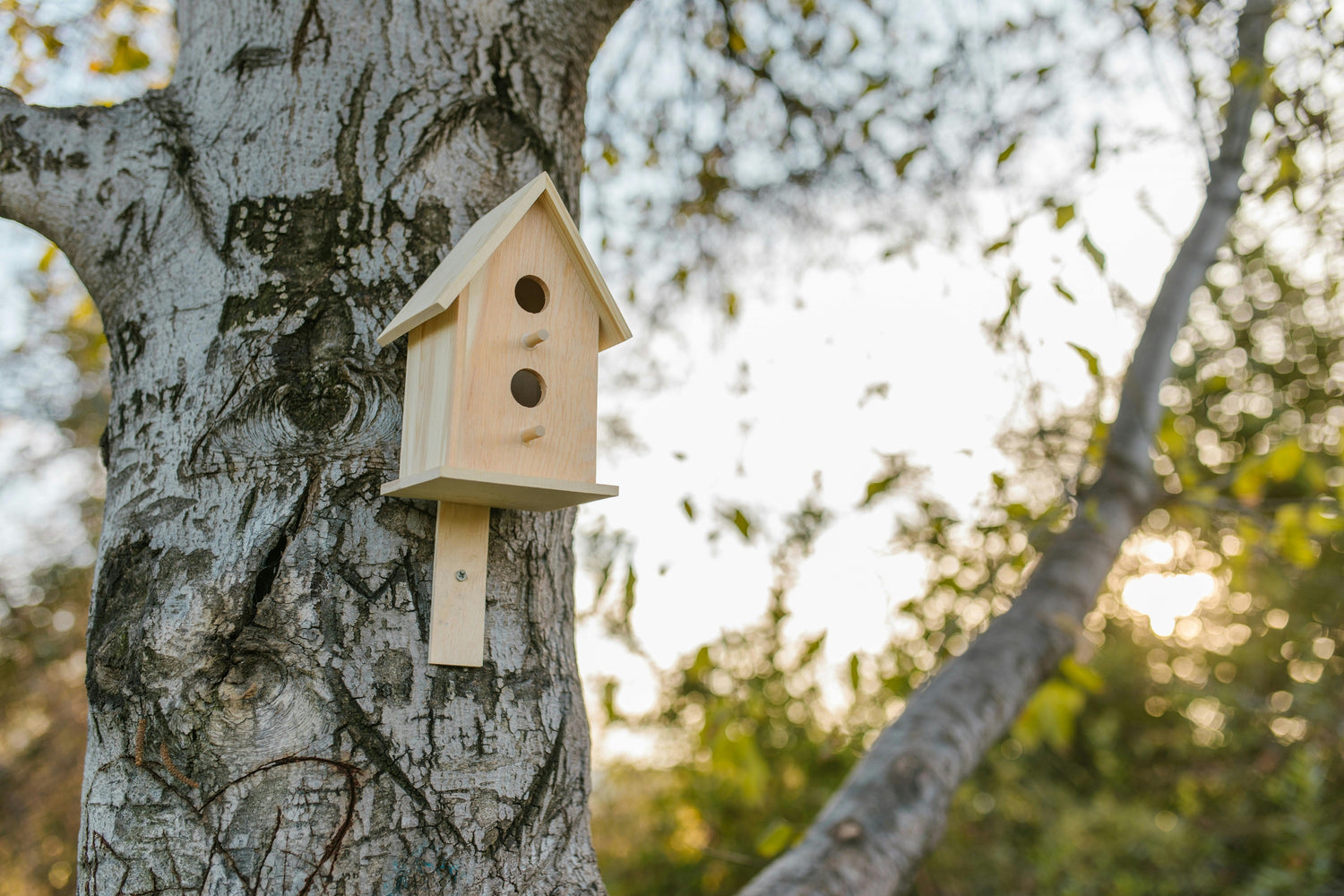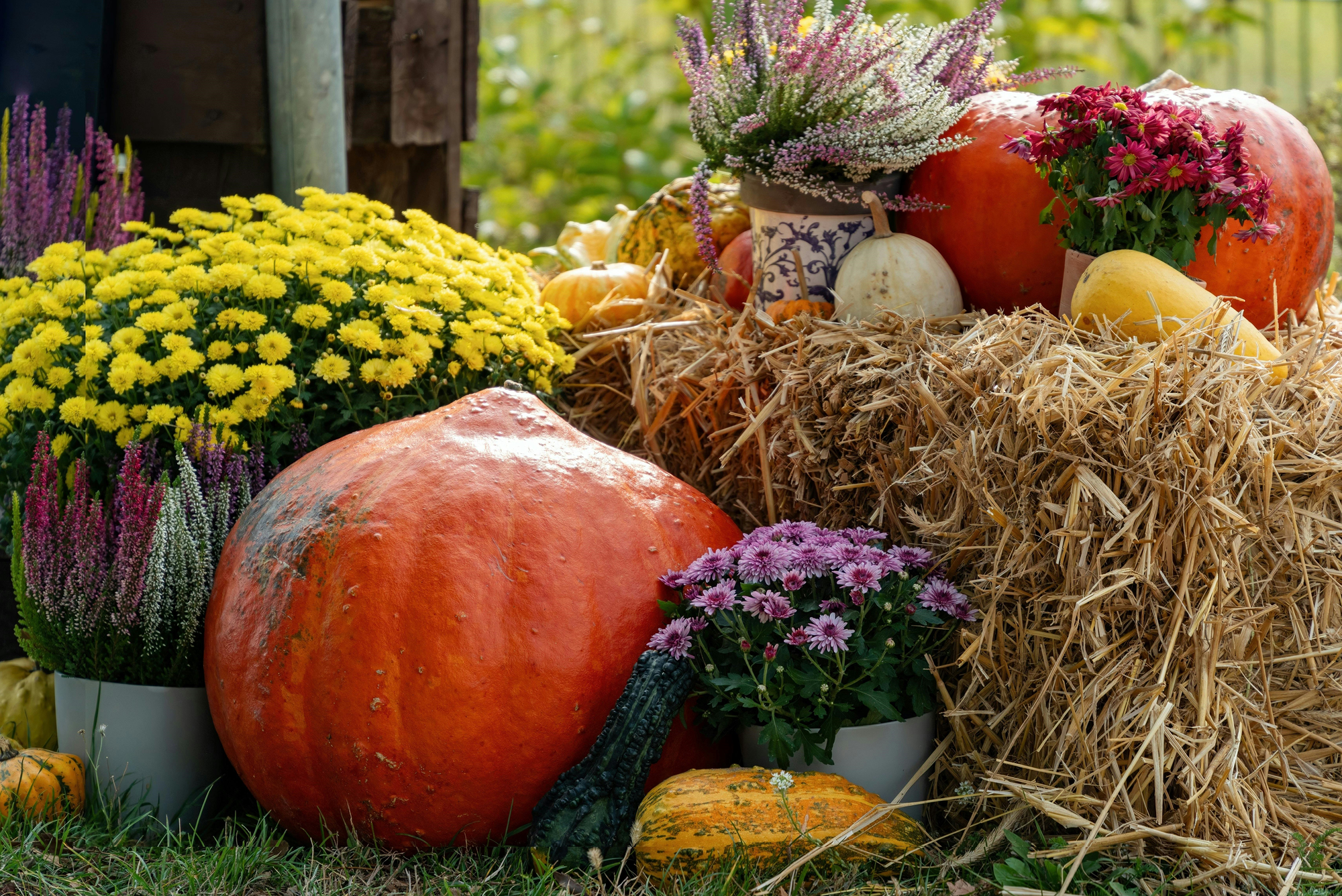Having a garden is much more than a simple aesthetic pleasure: it is a miniature ecosystem, where plants, animals and insects coexist. If some homeowners are looking to eliminate insects or keep certain animals away, it is essential to understand that these creatures play a fundamental role in the ecological balance of your garden. Birds, bees, ladybugs, hedgehogs and even earthworms are valuable allies for the health of your plants. So how can we encourage and care for local wildlife for a thriving, nature-friendly garden?
1. Transform your garden into a nature haven
The first step to attracting and caring for animals and insects in your garden is to create a welcoming and diverse environment. Plant a variety of flowers, shrubs and hedges, as plant diversity attracts a wide variety of insects and animals. For example, wildflowers and local plants, which require little maintenance, are ideal for attracting pollinators such as bees, butterflies and bumblebees.
Additionally, hedges provide shelter for birds, small mammals like hedgehogs and even some insects. A well-maintained hedge, made up of local species such as hawthorn, hazel or blackthorn, creates a refuge for many species, offering them protection and food.
2. Promote the presence of pollinating insects
Pollinating insects, particularly bees, play a crucial role in the reproduction of many plants, including the fruits and vegetables in your vegetable garden. To encourage their presence, plant flowers rich in nectar and pollen, such as lavender, sage, or cosmos. Choose plants that flower at different times of the year to provide a continuous food source for pollinators.
You can also install insect hotels, small structures that provide shelter for solitary bees, ladybugs and other beneficial insects. These hotels, easily found in stores or made yourself, are made of natural materials such as wood, hollow stems, or straw, and allow insects to reproduce and spend the winter in complete safety.
3. Protect garden auxiliaries
Among garden insects there are many "helpers" that help maintain a natural balance and fight pests. Ladybugs, for example, are natural predators of aphids. By welcoming them into your garden, you can reduce the use of pesticides, while promoting natural pest control.
To attract these valuable allies, avoid the use of chemicals that can harm beneficial insects. Instead, favor natural solutions, such as nettle manure or the introduction of companion plants which naturally repel parasites.
4. Provide shelter for small mammals
Certain animals like hedgehogs or shrews can become your best allies in the garden. Hedgehogs, for example, feed on slugs, snails and other harmful insects, while shrews regulate insect populations.
To encourage their presence, leave part of your garden wild. A pile of leaves, branches or an unmown grassy area provides a natural refuge for these small mammals. You can also set up a hedgehog shelter, easily made with natural materials or purchased in specialized stores.
5. Install water points
Water is a valuable resource for many garden animals, especially in summer. Installing a water feature, even a small one, can attract a wide variety of animals, from birds to insects to amphibians like frogs.
A pond, bird feeder, or even a simple saucer filled with water placed in a shady corner of your garden can make a big difference. Be sure to change the water regularly to avoid stagnation and the proliferation of mosquitoes. Also consider installing stones or branches in water points to allow small animals to drink without risk of drowning.
6. Feeding the birds in winter
Winter is a difficult time for birds, when food is scarce. By setting up feeders and providing them with seeds, fat balls or dried fruit, you help the birds get through this difficult time. Set up feeders in an open but secure location, away from predators like cats.
It is also important to think about nesting boxes to offer birds shelter from the cold and bad weather. Nest boxes adapted to each species can be installed throughout the year, but it is in spring that they will be most used for nesting.
7. Reduce the impact of gardening practices
Taking care of the animals and insects in your garden also involves environmentally friendly gardening practices. Limit frequent mowing to leave certain areas natural, do not use harmful chemicals and promote the natural composting of garden waste. By adopting these practices, you create a habitat conducive to rich and balanced biodiversity.
Conclusion
Taking care of the animals and insects in your garden is not only beneficial for the environment, but also for the health of your plants and the beauty of your outdoor space. By creating a garden that respects nature, you promote biodiversity while taking advantage of the presence of animals and insects which, in their own way, contribute to the balance of this ecosystem. A garden where nature is respected is a living and harmonious garden.





Leave a comment
All comments are moderated before being published.
This site is protected by hCaptcha and the hCaptcha Privacy Policy and Terms of Service apply.